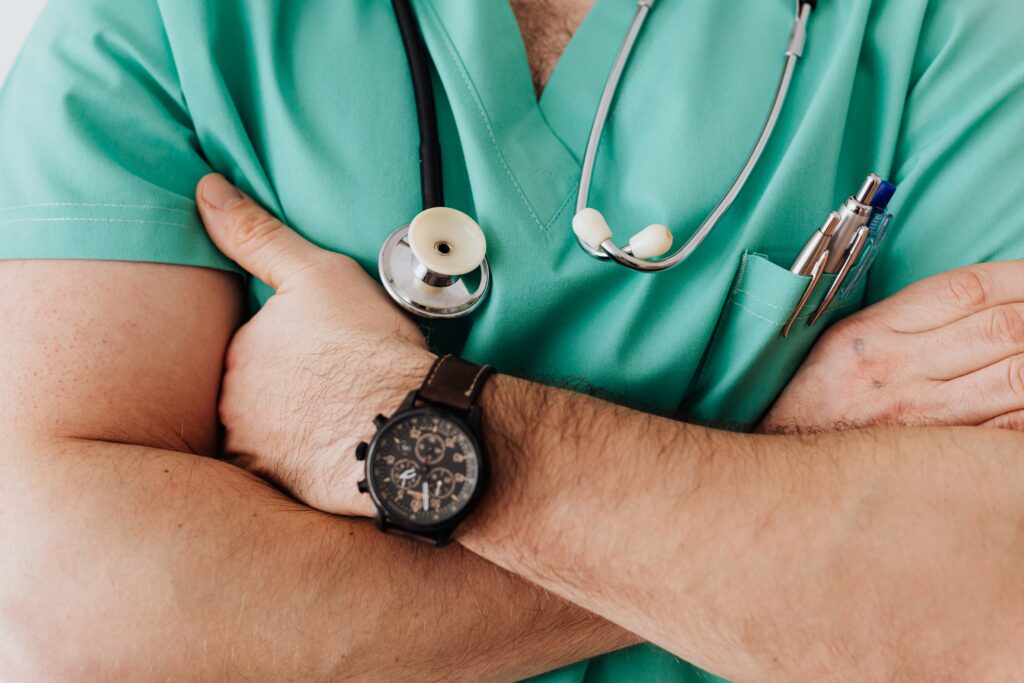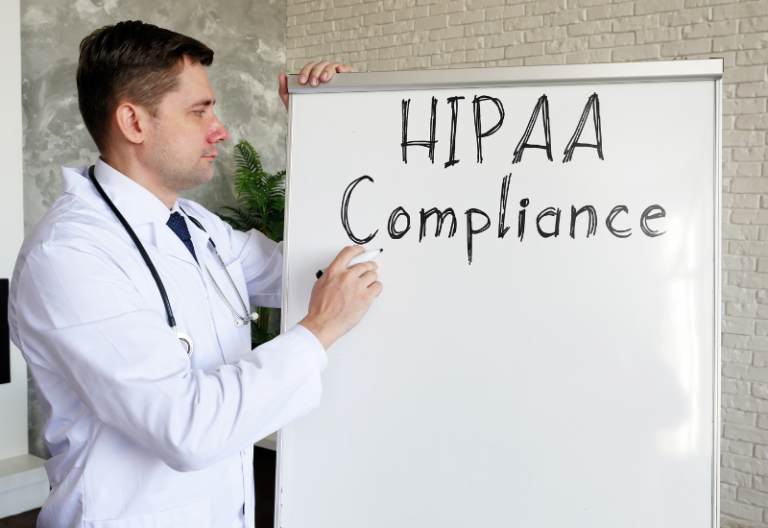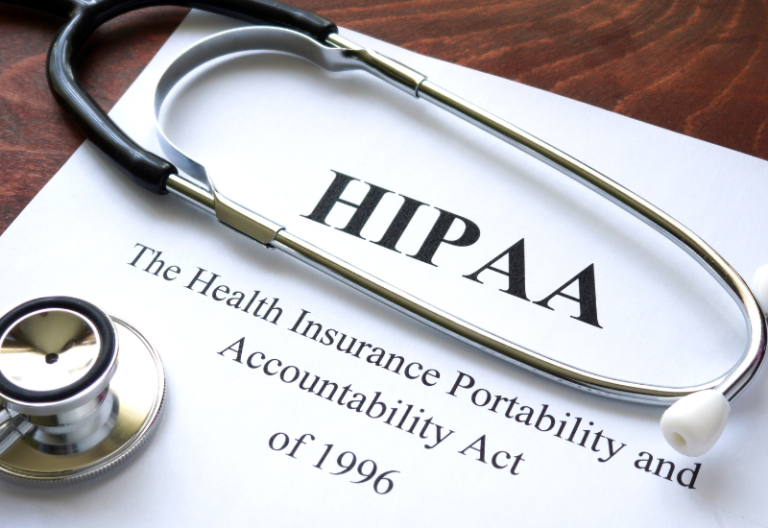Patients’ information and medical records are confidential. With that said, all healthcare providers, institutions, business entities, and data storage and transfer systems are responsible for ensuring the highest level of privacy and security.
There are several laws and policies in place to safeguard the secure usage, storage, and transfer of medical information. In this article, we focus on what the Health Insurance Portability and Accountability Act (HIPAA) is and why it’s important, particularly to online faxing for healthcare providers.
What is the importance of HIPAA?
The Health Insurance Portability and Accountability Act (HIPAA) is important because it sets standards for the protection of health information and helps to ensure that individuals’ personal and medical information is kept private and secure.
Table of Contents

Why is HIPAA Important?
HIPAA is a federal law that was passed in 1996 to protect patients’ health information (PHI) and to secure health insurance coverage for people and their families when they switch or lose employment. Over the past decades, HIPAA has gone through several updates, each resulting in a more stringent set of guidelines. The goal is to ensure the security of PHI while allowing the information to flow smoothly so that healthcare providers can deliver high-quality services.
HIPAA is important to data security concerning three things: 1) ensuring confidentiality and privacy, 2) allowing relevant access to patient information, and 3) reducing healthcare fraud. Individuals and organizations — or HIPAA-covered entities — who are accountable to HIPAA compliance guidelines include the following:
- Healthcare providers: hospitals and clinics
- Health plan providers: health maintenance organizations (HMOs), and private and government insurers
- Healthcare clearinghouses: doctors or any entity that processes PHI on behalf of other organizations
- Business associates: individuals or groups that process electronic health records, like billing, claims processing, and data analysis
Note: The US Department of Health and Human Services (HHS) regulates HIPAA compliance, while the Office for Civil Rights (OCR) takes care of enforcement and violations.
Why is HIPAA Important in the Medical Field?
Aside from protecting PHI from unauthorized use and fraud, HIPAA exists to ensure that medical service providers have seamless data access to perform their healthcare functions. Adherence to HIPAA guidelines keeps healthcare organizations and other covered entities in check by requiring them to enforce strict policies on data protection. Violations are not just subject to enormous fines and penalties but can also damage professional reputations.
As a living entity, HIPAA regularly undergoes changes that enable it to meet the demands of the times. When it comes to electronic data interchanges (EDI), for instance, HIPAA mandates that the HHS uses standard sets of codes for every transaction across the entire healthcare industry. Examples of these codes are the American Medical Association’s International Classification of Diseases (ICD-9) and the Current Procedural Terminology (CPT-4).
HIPAA Compliance Guidelines
The discussion on HIPAA goes much deeper given the sensitivity of the information being stored and transferred. Patient consent plays a huge role in the sharing of data, but where consent does not apply (like in an emergency case, law enforcement, or insurance claims), HIPAA protects patients via the Privacy Rule and the Security Rule.
The HIPAA Privacy Rule governs the use and disclosure of patient details orally or as paper records, while the HIPAA Security Rule pertains to electronically protected health information (e-PHI). For example, if a doctor needs to send a fax online to a hospital where a patient is being treated, HIPAA compliance acts as a guarantee that whatever information is shared electronically does not fall into unauthorized hands.
Safe, HIPAA-Compliant Faxing Through the iFax App
One of the medical field’s core values is to protect patient’s rights, and this covers the right to keep their health information private. HIPAA’s impact on healthcare is significant, especially today where most, if not all, documentation crosses from one source to another electronically. Business fax solutions are available to the medical field, but users must check first if fax service providers have all the necessary safeguards in place.
iFax is not only HIPAA compliant but also adheres to GLBA and GDPR* standards. Our military-grade encryption system guarantees that all medical records stored and sent through our channels are secure at all times.
Download the iFax app to begin using our mobile faxing tool now or get in touch with us to learn more about our advanced online faxing system for healthcare and medical providers.
*GLBA: Gramm–Leach–Bliley Act or Financial Services Modernization Act of 1999; GDPR: General Data Protection Regulation 2016/679







